 Welcome
Welcome
“May all be happy, may all be healed, may all be at peace and may no one ever suffer."
Hiccups

Hiccups are sudden, involuntary contractions of the diaphragm muscle. The diaphragm is the muscle that separates the chest from the abdomen and helps with breathing. When the diaphragm contracts suddenly, the vocal cords close, causing the characteristic "hic" sound.
Hiccups are usually harmless and will go away on their own after a few minutes. However, in some cases, hiccups can be persistent and may last for hours, days, or even longer. In these cases, hiccups can be uncomfortable and may interfere with eating, sleeping, and daily activities.
Hiccups can be caused by a variety of factors, including eating too quickly, drinking carbonated beverages, sudden temperature changes, stress or excitement, or certain medical conditions such as gastroesophageal reflux disease (GERD), nerve damage, or a tumor.
Treatment for hiccups depends on the underlying cause and the severity of the condition. Mild hiccups can often be relieved by holding your breath, drinking a glass of water, or breathing into a paper bag. In more severe cases, medications or medical procedures may be necessary to relieve hiccups. If you experience persistent or severe hiccups, it is important to seek medical attention to rule out any underlying medical conditions and to receive appropriate treatment.
Research Papers
Disease Signs and Symptoms
- Chest pain
- Abdomen pain
- Throat pain
Disease Causes
Hiccups
The most common triggers for hiccups that last less than 48 hours include:
- Drinking carbonated beverages
- Drinking too much alcohol
- Eating too much
- Excitement or emotional stress
- Sudden temperature changes
- Swallowing air with chewing gum or sucking on candy
Hiccups that last more than 48 hours may be caused by a variety of factors, which can be grouped into the following categories.
Nerve damage or irritation
A cause of long-term hiccups is damage to or irritation of the vagus nerves or phrenic nerves, which serve the diaphragm muscle. Factors that may cause damage or irritation to these nerves include:
- A hair or something else in your ear touching your eardrum
- A tumor, cyst or goiter in your neck
- Gastroesophageal reflux
- Sore throat or laryngitis
Central nervous system disorders
A tumor or infection in your central nervous system or damage to your central nervous system as a result of trauma can disrupt your body's normal control of the hiccup reflex. Examples include:
- Encephalitis
- Meningitis
- Multiple sclerosis
- Stroke
- Traumatic brain injury
- Tumors
Metabolic disorders and drugs
Long-term hiccups can be triggered by:
- Alcoholism
- Anesthesia
- Barbiturates
- Diabetes
- Electrolyte imbalance
- Kidney disease
- Steroids
- Tranquilizers
Disease Prevents
Disease Treatments
Most cases of hiccups go away on their own without medical treatment. If an underlying medical condition is causing your hiccups, treatment of that illness may eliminate the hiccups. The following treatments may be considered for hiccups that have lasted longer than two days.
Medications
Drugs that may be used to treat long-term hiccups include:
- Baclofen
- Chlorpromazine
- Metoclopramide
Surgical and other procedures
If less invasive treatments aren't effective, your doctor may recommend an injection of an anesthetic to block your phrenic nerve to stop hiccups.
Another option is to surgically implant a battery-operated device to deliver mild electrical stimulation to your vagus nerve. This procedure is most commonly used to treat epilepsy, but it has also helped control persistent hiccups.
Disease Diagnoses
Disease Allopathic Generics
Disease Ayurvedic Generics
Disease Homeopathic Generics
Disease yoga
Hiccups and Learn More about Diseases
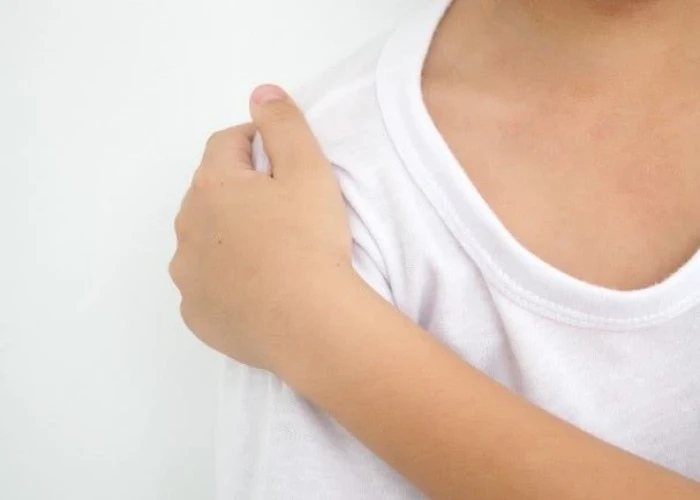
Polymyalgia rheumatica

Anorexia nervosa
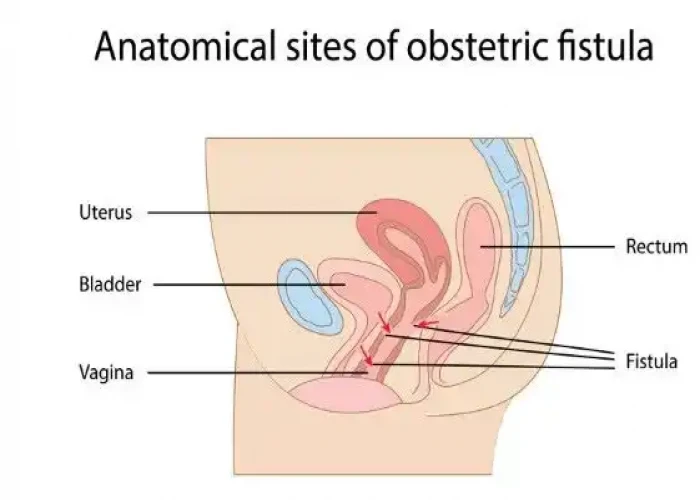
Vaginal fistula
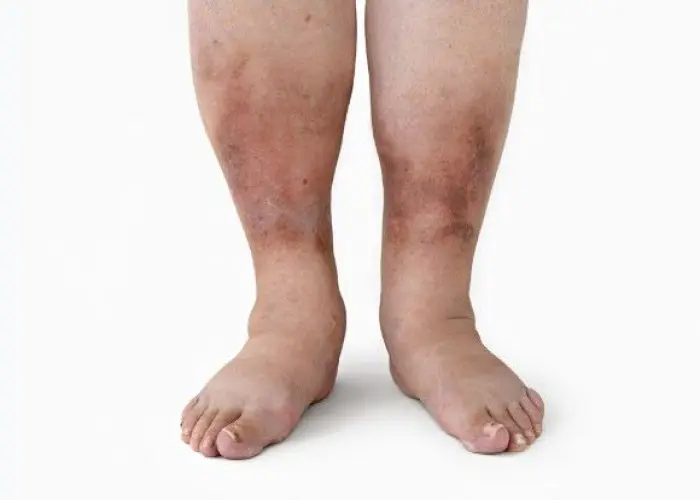
Diabetic nephropathy
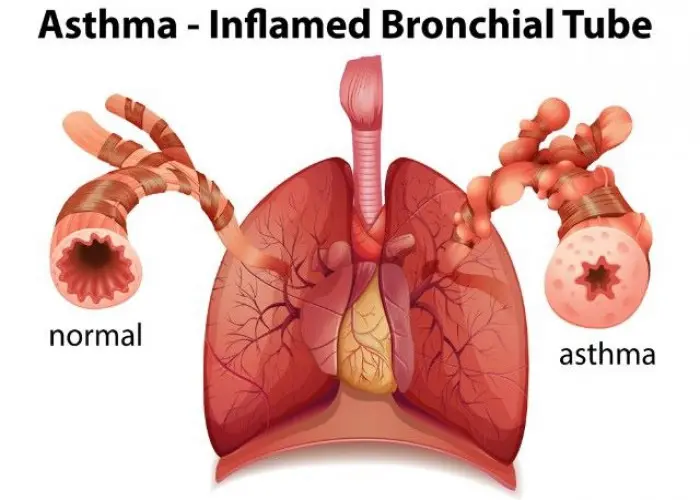
Exercise-induced asthma
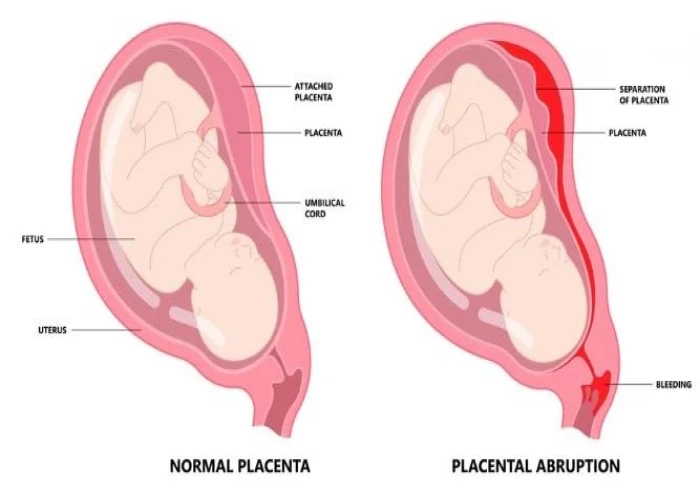
Placenta accreta

Uterine Inflammation (Cervicitis)

Nasal and paranasal tumors
hiccups, হিচাপ, হেঁচকি
To be happy, beautiful, healthy, wealthy, hale and long-lived stay with DM3S.
